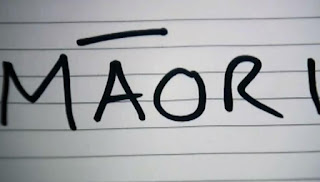Here's how it works:
From the above book, I collect such sentences that I mostly understand.
He tino hoa te tokorua nei. (I'm not really sure why 'nei' was used, or what 'tokorua' means - although I expect that it relates to 'two', but that will come. The rest of the sentence is easy to input if not output.)
I te wa o te koanga, oma tahi ai raua i runga i nga puke. (From the context I can predict that 'wa o te koanga' means 'season of spring'. The rest of the sentence helps me to remember this phrase.)
kia mahana ai raua i nga po makariri o te hotoke (This is a phrase from a longer sentence. I already recognize 'makariri' though I'm hazy on the meaning. But by have the word paired with 'mahana' - which is itself linked to 'night' - I firm up my understanding. I also become alerted to the word 'hotoke' and guess that it means 'winter'. I expect to either confirm or correct that fact later.)
I tehahi ra, i te wa o te hotoke, i pupuhi te hau, ka whakaueue nga rakau. (On the very next page, I confirm my guess. I also link puphi with hau, and get to see how the word 'whakaueue' is constructed.)
kei te matekai nga manu (This is a very useful phrase, allowing me to see how the word 'mate', which I knew can mean both death and sickness, may be combined with 'kai' to indicate hunger. Cool!
Finally, na te mea kua hohonu ake te noho o nga noke cements the word for 'worm' a little more firmly into place; I had seen it earlier this morning in another children's book. It may take several dozen exposures to a new word before it lodges in the brain.















